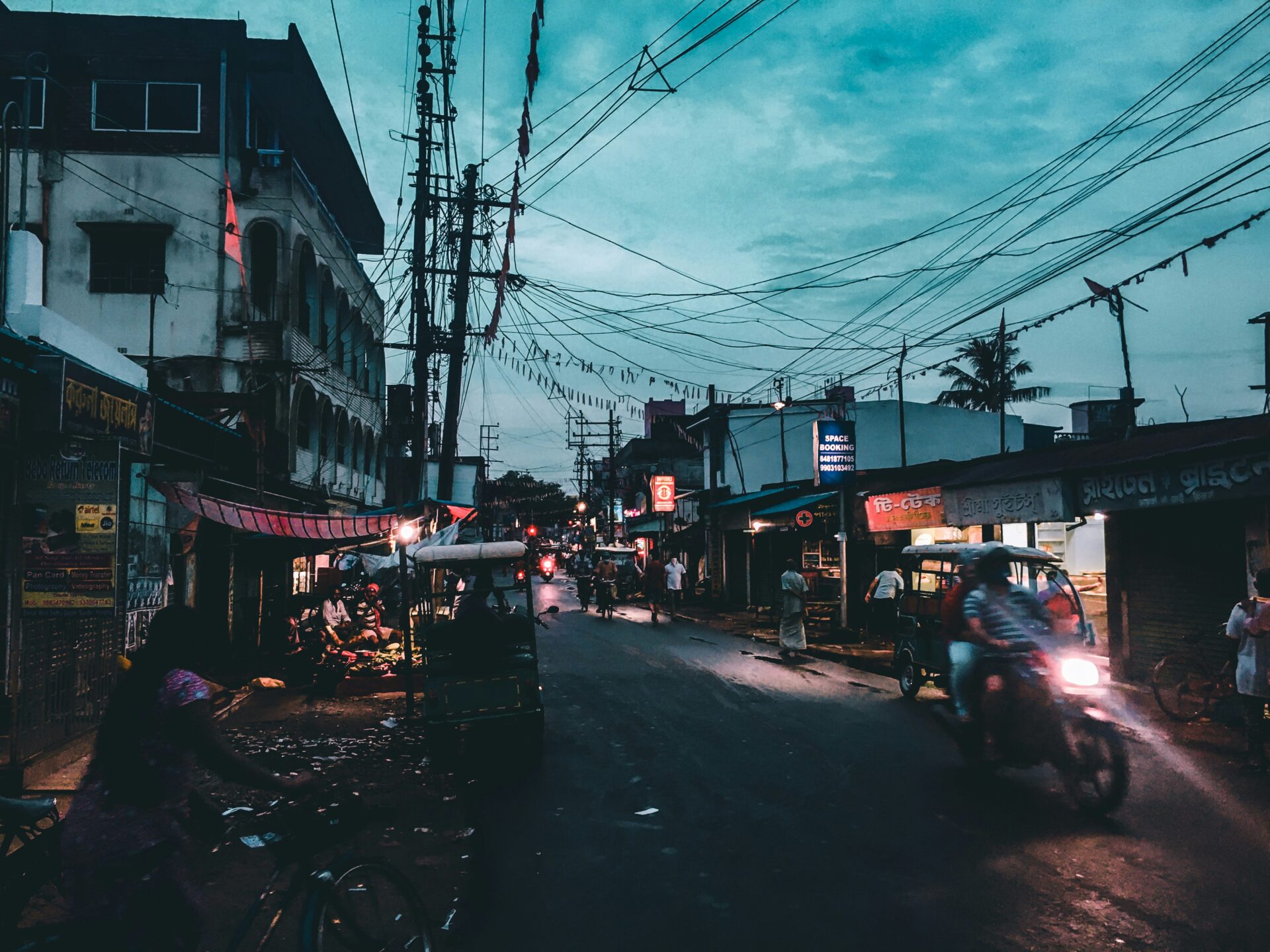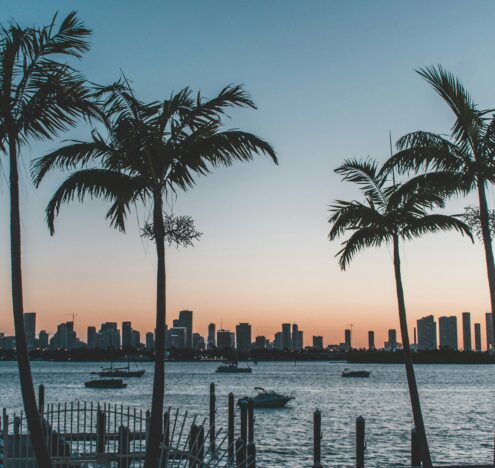In “Declining Clientelism of Welfare Benefits? Targeting and Political Competition Based Evidence from an Indian State,” authors Pushkar Maitra, Sandip Mitra, Dilip Mookherjee, and Sujata Visaria looked at the claim — made for the past decade — that, under the Bharatiya Janata Party (BJP), India’s ruling party, welfare benefits “have become better targeted and less prone to clientelistic control by state and local governments.”
Some scholars attributed the BJP’s increased support, particularly in states where legislatures were long dominated by regional parties, to “the declining effectiveness of clientelism as traditionally practiced via welfare schemes, the growing importance of economic and governance concerns in the minds of voters, and the central government’s increased success at claiming credit for both the older schemes and the new welfare schemes introduced after 2014.”
But the authors decided to test this by examining data from 3,500 rural households in the Indian state of West Bengal – and they didn’t find evidence that the post-2014 “central programs” are “better targeted than traditional ‘state’ programs,” nor did they find proof that suggested improvement in state programs since 2014. Rather, the BJP’s growing popularity is thanks to “more important factors,” including political ideology and identity politics.
The authors argued that West Bengal was a “particularly interesting case.” Because left-center parties commanded such influence in the state since the late 1970s, it became a commonplace argument that local governments doled out benefits to those who voted for them.
The BJP has had historically little support in the state, but “its vote share has increased dramatically in the recent past, from 6% in 2009 to over 40% in 2019.
The BJP has had historically little support in the state, but “its vote share has increased dramatically in the recent past, from 6% in 2009 to over 40% in 2019. This provides a setting to examine whether the rise in the support for the BJP is the result of the mechanisms discussed above.”
The data they used was collected in 2013 and 2018 in two West Bengal districts, both times ahead of parliamentary elections (in 2014 and 2019, respectively). “In particular, we use households’ own reports of benefits received, and examine their association with various indicators of their socioeconomic status. This provides a more accurate depiction of actual targeting performance than administrative data,” the authors explain.
The authors compared “central” and “state” benefits and found that “data do not suggest clearly that the distribution of the central programs was always more progressive than that of the state programs during the period 2014–18, or that all state programs became more progressive after 2014.”
They also considered “the extent to which changes in the scale, composition, targeting and effectiveness of welfare programs can explain the increase in voters’ support for the BJP and the decrease in support for the (incumbent) regional party the Trinamool Congress (TMC) between the 2013 and 2018 polls.”
They did not find that state benefits were less effective at generating votes in 2018 compared to 2013; what’s more, “the combined effect of changes in the scale of state and central benefits and their respective effectiveness at generating votes for either party predicts a net decline in the BJP vote share and an increase in the TMC vote share in 2018.”
This meant that the reasons for increased support for the BJP lie elsewhere. The authors found, as other studies have, that “demographic characteristics, caste and religious identity were the key predictors of support for BJP.”





















